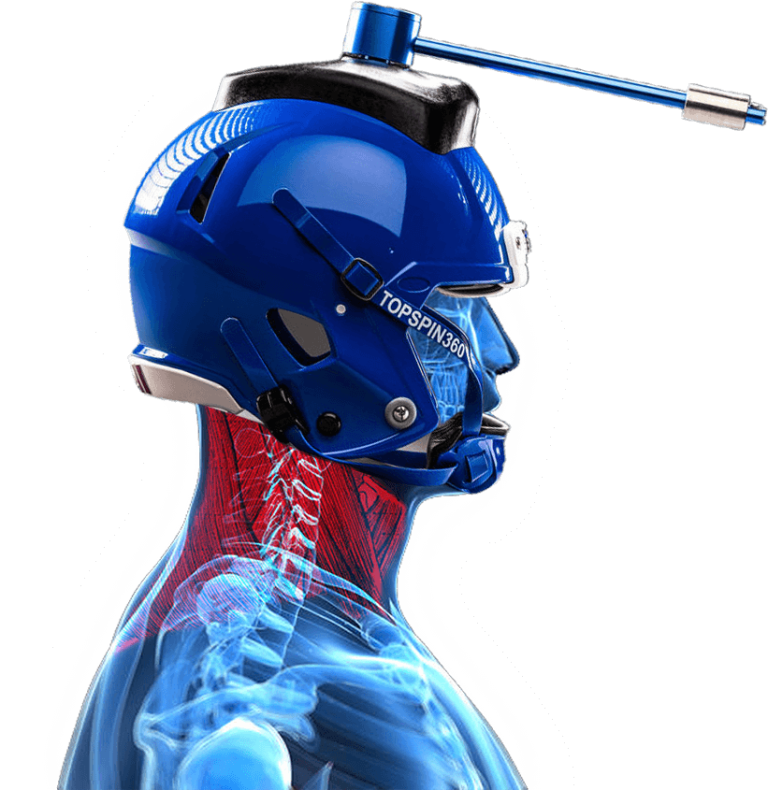Understanding the Dangers of Concussions and Their Long-Term Effects
Concussions are a serious form of traumatic brain injury (TBI) that can have both immediate and long-term consequences. Often caused by a sudden impact or violent jolt to the head, concussions disrupt normal brain function, leading to a range of physical, cognitive, and emotional symptoms. While many people recover from a concussion within a few weeks, repeated or severe concussions can lead to lasting damage with significant health implications.

What Happens During a Concussion?
A concussion occurs when a sudden impact causes the brain to shift rapidly within the skull. This movement can result in chemical changes in the brain, stretching or damaging brain cells, and disrupting neural connections. Unlike other injuries, concussions do not always involve visible external signs, making them harder to diagnose and manage.
Common Symptoms of a Concussion
-
Headache or pressure in the head
-
Dizziness or loss of balance
-
Blurred vision or sensitivity to light
-
Memory problems and difficulty concentrating
-
Nausea or vomiting
-
Mood swings, anxiety, or depression
-
Sleep disturbances (insomnia or excessive drowsiness)
Symptoms can appear immediately after impact or take hours to develop, and their severity varies from person to person.
The Long-Term Effects of Concussions
While many concussions resolve with proper rest and treatment, multiple or severe concussions can lead to chronic issues, including:
1. Chronic Traumatic Encephalopathy (CTE)
Repeated head trauma increases the risk of CTE, a progressive brain disease linked to cognitive decline, depression, aggression, and memory loss. CTE has been widely studied in contact sports athletes, military personnel, and individuals exposed to repeated brain injuries over time.
2. Post-Concussion Syndrome (PCS)
Some individuals experience lingering concussion symptoms for months or even years. PCS can include persistent headaches, dizziness, difficulty concentrating, and mood disorders, impacting daily life and work performance.
3. Increased Risk of Neurodegenerative Diseases
Studies suggest that a history of concussions may contribute to an increased risk of developing conditions like Alzheimer's disease, Parkinson’s disease, and other forms of dementia later in life.
4. Emotional and Psychological Effects
Concussions can have a lasting impact on mental health. Many individuals experience anxiety, depression, mood swings, and irritability, often requiring therapy or medical intervention.
5. Greater Vulnerability to Future Concussions
After sustaining a concussion, the brain is more susceptible to future injuries. Even mild impacts can lead to more severe symptoms, prolonged recovery times, and cumulative damage.
Prevention and Protection Against Concussions
1. Proper Use of Protective Equipment
Wearing high-quality helmets and protective gear in contact sports and high-risk activities can help absorb and distribute impact forces, reducing concussion risk.
2. Neck Strengthening Exercises
Developing strong neck muscles can improve head stability, reducing excessive movement upon impact. Training with devices like TopSpin360 helps enhance neck strength and decrease concussion risk.
3. Practicing Safe Techniques
Athletes should be trained in proper tackling, heading, and landing techniques to minimize head trauma. Avoiding reckless play and learning safe movement patterns can prevent unnecessary impacts.
4. Recognizing and Responding to Concussions Promptly
Ignoring a concussion or returning to activity too soon can lead to further complications. It is essential to follow proper medical guidelines for rest, recovery, and gradual return to play.
Conclusion
Concussions are more than just temporary setbacks—they can have long-lasting consequences on brain health and overall well-being. Understanding the dangers and taking proactive measures, such as using protective gear, strengthening the neck, and following safety protocols, can significantly reduce the risk of concussions. Innovations like TopSpin360 provide athletes with effective tools to enhance neck strength and stability, contributing to concussion prevention and long-term brain health. By prioritizing education and proper prevention strategies, we can help protect athletes and individuals from the serious impact of concussions.
- Art
- Causes
- Crafts
- Dance
- Drinks
- Film
- Fitness
- Food
- Jogos
- Gardening
- Health
- Início
- Literature
- Music
- Networking
- Outro
- Party
- Religion
- Shopping
- Sports
- Theater
- Wellness
- IT, Cloud, Software and Technology


